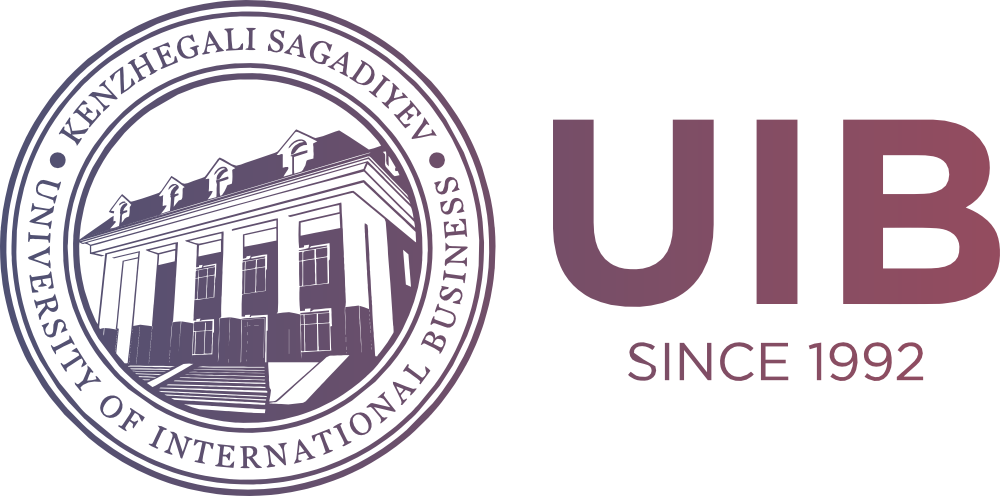Green energy project management: applying industry-specific risk assessment models
DOI:
https://doi.org/10.47703/ejebs.v68i2.406Keywords:
Economics and Business, Project Management, Risk Management, Green Energy Projects, Project Efficiency, PMBoK, KazakhstanAbstract
By reducing reliance on fossil fuels, green energy projects mitigate climate change by lowering carbon dioxide and other greenhouse gas emissions. They push governments and society to transition to renewable energy production by implementing high-risk green energy projects more effectively. This study evaluates how risk management processes affect the efficiency of green projects in Kazakhstan, identifying critical risk management processes that can increase their success. The methodology is based on data collected from 66 experts in Kazakhstan's green energy sector. Using multilinear regression analysis, the Project Management Body of Knowledge (PMBOK) standard was applied to evaluate the relationship between risk management processes and project efficiency dimensions. The findings show a positive correlation between cost overrun and project performance with the implementation of risk management processes. The statistical significance levels underscore the importance of these findings. The lack of statistical significance for schedule overrun, combined with the low rate of qualitative risk analysis and monitoring among local managers, highlights a deficiency in proactive risk management, leaving projects vulnerable to adverse impacts. These findings impact project management professionals and organizations involved in sustainable energy initiatives, providing valuable insights to enhance their risk management processes. This study paves the way for future research by adding more respondents and using other risk analysis methods, opening new avenues for improving risk management in green energy projects.
Downloads
How to Cite
Downloads
Published
Issue
Section
License

This work is licensed under a Creative Commons Attribution 4.0 International License.
Authors retain copyright and grant the journal right of first publication with the work simultaneously licensed under a Creative Commons Attribution (CC-BY) 4.0 License that allows others to share the work with an acknowledgment of the work’s authorship and initial publication in this journal.



